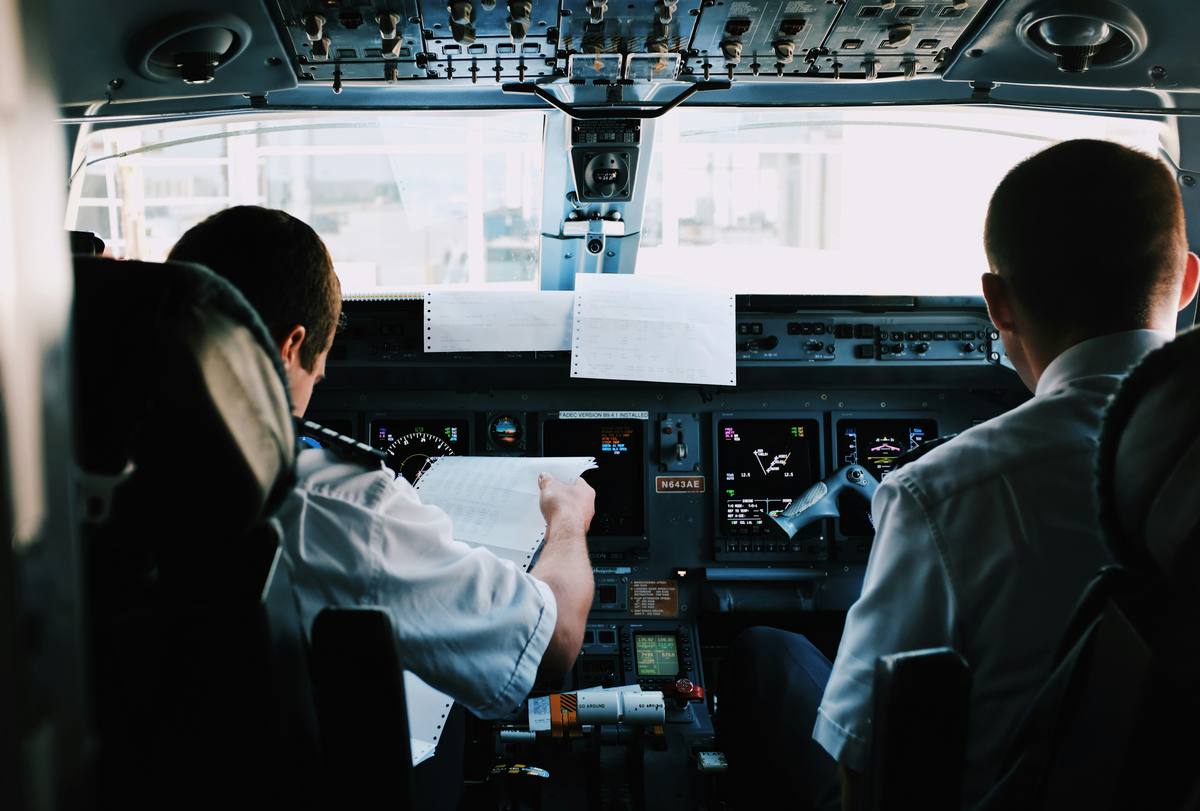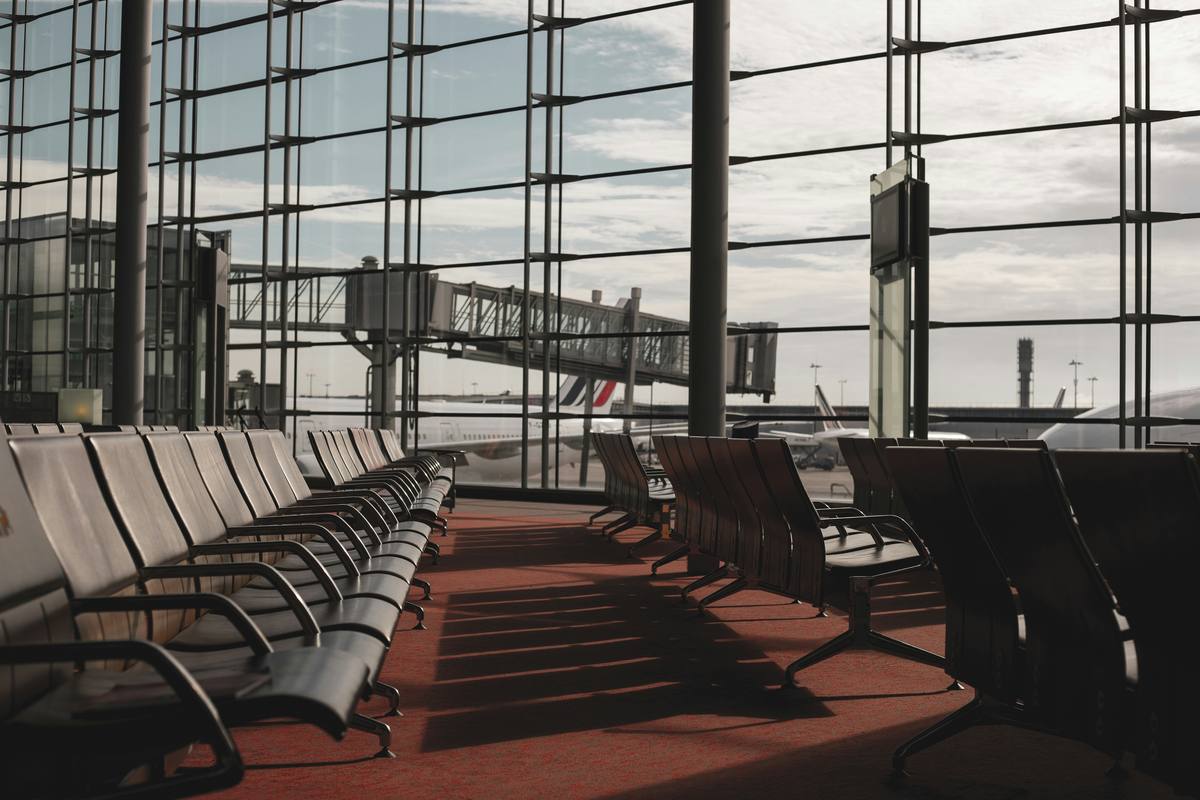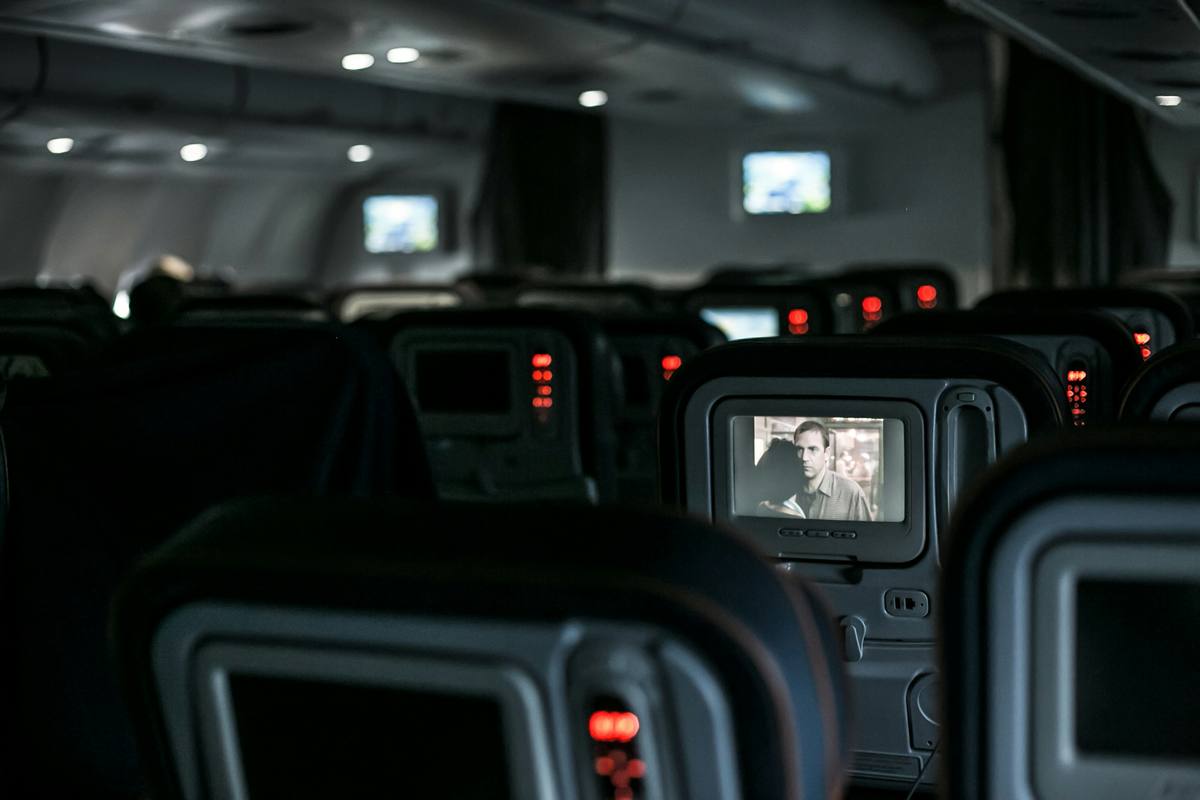Embarking on Your Airlines Business Journey
Starting an Airlines business can be an exhilarating yet challenging endeavor that requires meticulous planning and a deep understanding of the aviation industry. The first step involves conducting comprehensive market research to identify your niche and understanding the needs of your potential customers. Crafting a detailed business plan is paramount, outlining your vision, mission, operational strategies, and financial projections. Securing funding, either through investors or loans, is crucial for covering startup costs such as aircraft purchases and leasing agreements. Additionally, obtaining the necessary licenses and certifications from aviation authorities ensures your business operates legally and safely. Building strong relationships with suppliers and partners can also provide valuable support and resources as you embark on this exciting journey.
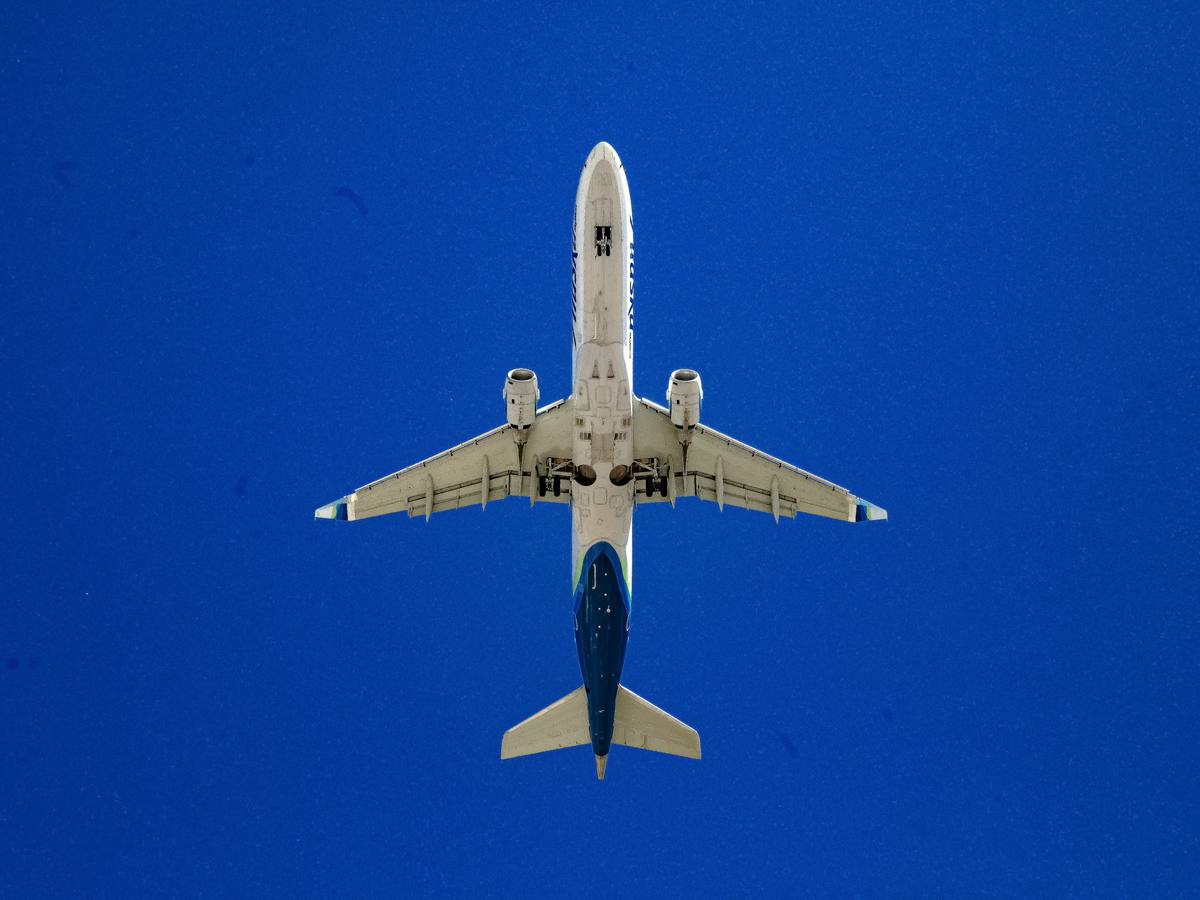
Understanding the Initial Challenges
When venturing into the realm of aviation, the initial hurdles can be quite daunting. Securing the necessary capital is often one of the most significant challenges. This industry demands a substantial financial investment upfront for aircraft purchase, leasing, and maintenance. Regulatory compliance presents another layer of complexity, requiring meticulous attention to safety and operational standards. Navigating these waters successfully calls for a well-thought-out plan that addresses how to start with both financial and regulatory readiness.

Navigating Regulatory Requirements
One cannot overemphasize the importance of understanding and adhering to regulatory requirements in the airline industry. The process involves securing various certifications and licenses from aviation authorities - a task that entails both time and resources. It's crucial to establish relationships with these bodies early on. This ensures smoother navigation through the red tape, making it slightly easier on how to start laying down your operational foundation. Keeping abreast of changing regulations is similarly critical to maintaining compliance and avoiding potential legal pitfalls.
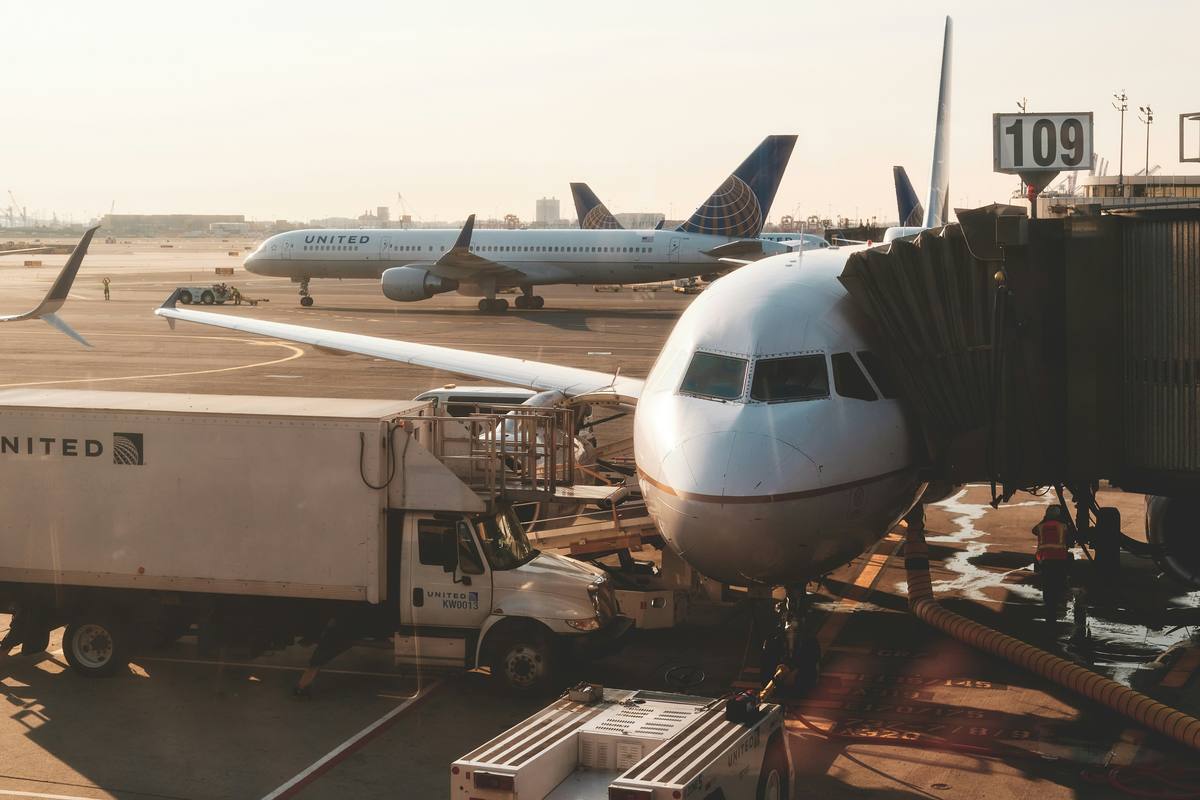
Developing a Robust Business Plan
A solid business plan serves as the backbone of any successful airline venture. It should outline clear objectives, target markets, and strategies for growth and sustainability. Such a plan must also detail how you intend to tackle competition, which is fierce in this industry. Financial projections within this plan need to be both realistic and optimistic, providing a clear path towards profitability. In essence, a well-crafted business plan not only guides internal operations but also attracts potential investors.
Focusing on Customer Experience
In today's competitive environment, focusing on customer experience is what sets successful airlines apart. From online booking systems to in-flight services, every touchpoint offers an opportunity to impress your customers. Investing in technology to streamline operations and enhance customer service can yield significant returns. Moreover, training staff to deliver exceptional service ensures that passengers' experiences are positive from start to finish. Remember, happy customers are not just repeat customers; they're also your best advocates.
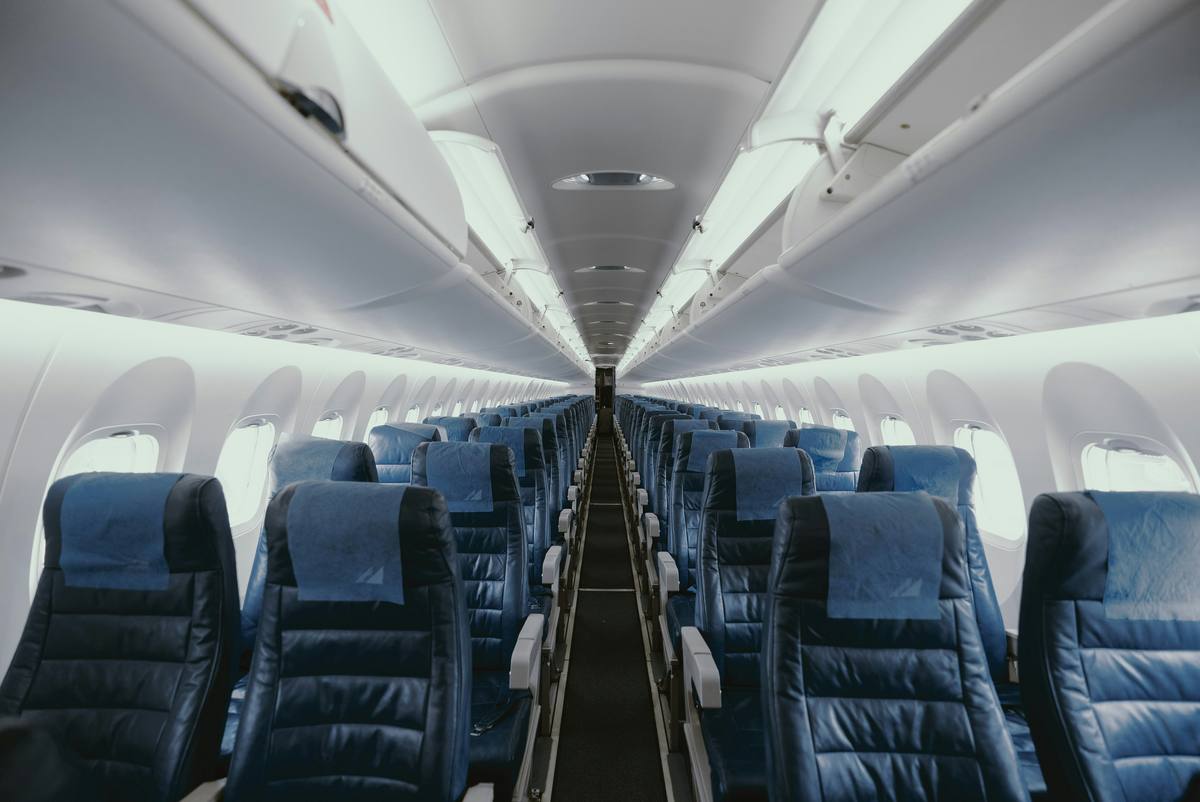
Selecting the Right Fleet
The choice of aircraft plays a pivotal role in defining your airline's operational efficiency and service quality. Factors such as fuel efficiency, range capabilities, passenger capacity, and maintenance costs must be carefully evaluated. Choosing the right fleet strategy--whether purchasing outright or leasing--can have significant financial implications for your business. Additionally, aligning your fleet choice with your target market's needs ensures that you're positioned to meet demand effectively. A strategic approach here not only optimizes operational costs but also enhances overall competitiveness.
Boost campaigns with 250+ editable templates. Save, reuse, and wield design tools for business growth.
Try it for FREE!Building a Strong Brand Identity
Creating a distinctive brand identity is crucial in differentiating your airline in a crowded marketplace. Your brand should communicate reliability, safety, convenience, and value -- all fundamental qualities that passengers look for when choosing an airline. Developing an effective marketing strategy that conveys this identity across various channels can significantly impact customer perception and loyalty. Social media platforms offer powerful tools for engaging directly with passengers and building brand advocates. Consistency across all touchpoints reinforces your brand message and fosters trust among your target audience.

Leveraging Technology for Operational Efficiency
Incorporating advanced technology into daily operations can vastly improve efficiency and reduce costs for an airline business. From reservation systems to flight management software, technology streamlines processes, enhancing both customer satisfaction and bottom-line results. It also plays a critical role in predictive maintenance of aircrafts, ensuring higher safety standards and minimizing downtime. Adopting cutting-edge solutions aids in staying ahead of competition by offering better services at lower costs. Moreover, data analytics enables more informed decision-making across all aspects of the business.
Utilizing Design Tools Like Desygner
In crafting an appealing brand image and marketing materials, design plays a fundamental role. This is where tools like Desygner become invaluable resources for startups looking at how to start their branding journey on the right foot without breaking the bank. Desygner offers user-friendly templates that make creating professional-looking designs accessible to everyone -- no expert design skills required! Whether it's designing logos, promotional materials or social media content, leveraging such tools can significantly elevate your airline's market presence. Ultimately, high-quality visuals speak volumes about your commitment to excellence throughout every facet of your operation.

## The Importance of a Strong Start in the Airlines BusinessStarting a business in the airlines industry is an endeavor that requires meticulous planning, an acute understanding of the market, and a robust strategy to navigate the complexities inherent in this global sector. The initiation phase sets the tone for long-term operations, influencing everything from brand perception to operational efficiency. Here's why getting off on the right foot is not just beneficial but critical for success in the competitive skies.### Laying a Solid FoundationA well-thought-out launch can serve as the bedrock upon which an airline builds its reputation. In the early stages, establishing clear brand values, superior customer service protocols, and a compelling value proposition is paramount. These initial decisions act as guiding principles that shape the company's identity, culture, and customer relationships. A solid foundation ensures that as the airline scales, it does so with integrity and consistency, becoming a reliable choice for travelers.### Gaining Competitive AdvantageIn the fiercely competitive airline industry, differentiation is key to standing out. Starting strong allows an airline to carve out its unique space in the market swiftly. Whether through innovative services, exceptional customer experiences, or sustainability initiatives, early strategic choices can position an airline as a leader rather than a follower. This proactive approach can translate into significant competitive advantages that propel long-term growth and market share acquisition.### Fostering Customer LoyaltyFirst impressions are lasting impressions. By prioritizing customer satisfaction from inception, airlines can cultivate loyalty that transcends individual journeys. A focus on creating memorable experiences, personalized services, and seamless interactions from day one can turn first-time flyers into lifelong customers. In an era where word of mouth and social media significantly influence consumer decisions, positive early feedback can be instrumental in driving organic growth and enhancing brand reputation.### Ensuring Financial StabilityA meticulous start involves prudent financial planning and strategic investments that lay the groundwork for sustainable growth. By identifying and mitigating potential risks early on, airlines can avoid common pitfalls that plague new businesses. Efficient allocation of resources towards high-impact areas such as safety measures, technology upgrades, and training programs ensures optimal operational performance. This financial prudence helps in building investor confidence and securing the capital necessary for expansion.### Accelerating InnovationFinally, starting with a clear vision encourages innovation. By being forward-thinking from the outset, airlines can lead the way in adopting new technologies, exploring untapped markets, and developing creative solutions to industry challenges. This culture of innovation not only drives improvements in service delivery but also inspires employees to contribute their best ideas towards achieving excellence.In conclusion, how you start your journey in the airlines business can profoundly impact its trajectory. A well-planned kickoff is more than just an initial step; it's an opportunity to establish a durable framework for success. It sets a precedent for quality, efficiency, and innovation that defines every subsequent move the business makes. With these positive outcomes in mind, it becomes clear why starting correctly isn't just advantageous--it's essential for any airline aspiring to soar high in today's dynamic skies.
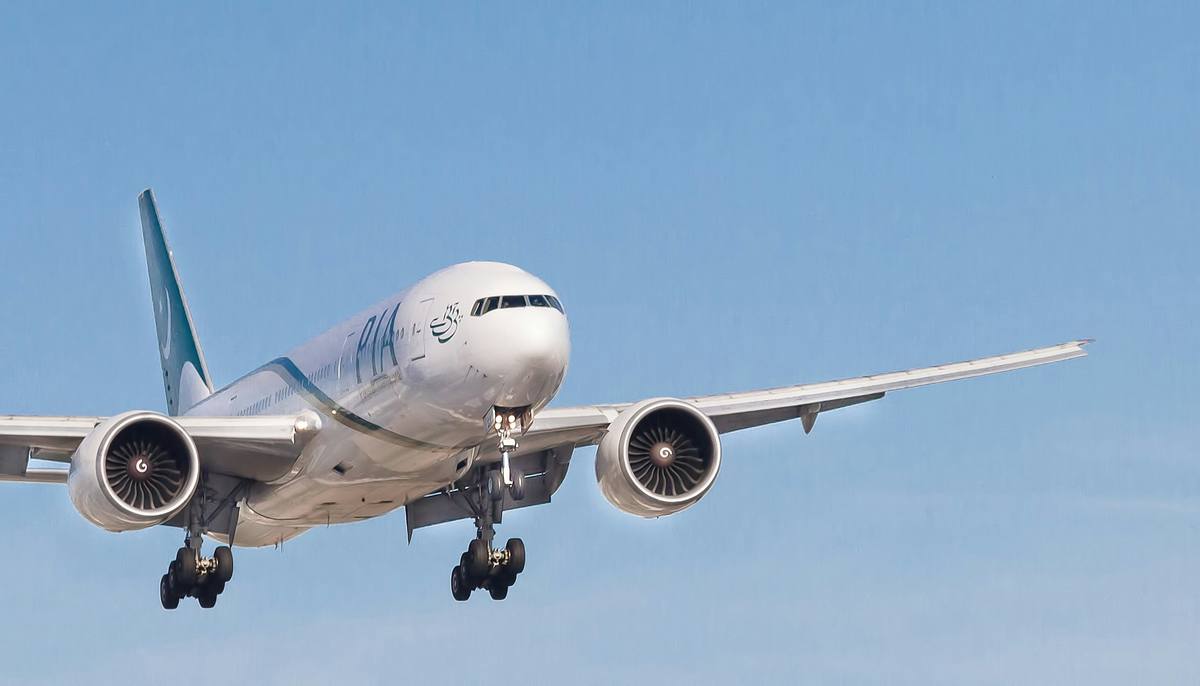
Concluding Thoughts on Launching Your Airline Business
Starting an airline business is undeniably a complex and challenging venture, yet it remains one of the most rewarding paths for entrepreneurs with a passion for aviation. As we've explored in this guide, the journey from conception to takeoff involves meticulous planning, adherence to rigorous safety standards, and a steadfast commitment to customer satisfaction. However, with the right approach and determination, launching your airline can lead to unparalleled success in the aviation industry.
In summary, several key steps are pivotal to getting your airline off the ground. First and foremost, conducting comprehensive market research is crucial to understanding your niche and target audience. This insight will guide you in tailoring your services to meet specific demands, setting you apart from competitors. Additionally, securing financing and navigating the regulatory landscape are foundational aspects that require thorough attention and expertise.
Moreover, assembling a team of skilled professionals who share your vision will enrich your business with diversity in thought and experience. Their contributions will be instrumental in overcoming challenges and driving innovation within your company. Furthermore, crafting a solid business plan that outlines your strategy for growth and sustainability is essential. This document will serve as a roadmap for your journey ahead and a persuasive tool when seeking investment or partnerships.
Finally, reflecting on our discussion, remember the importance of:
- Conducting comprehensive market research
- Securing adequate financing
- Navigating regulatory requirements
- Assembling a dedicated team
- Crafting a detailed business plan
- Fostering partnerships and collaborations
- Utilizing technology for operational efficiency
- Leveraging tools like Desygner for branding and marketing materials
To elevate your airline's brand identity and marketing efforts from the outset, consider signing up at Desygner. Its user-friendly platform offers an array of design tools tailored to meet your business's unique needs, enabling you to create impactful visual content that resonates with your target audience.
